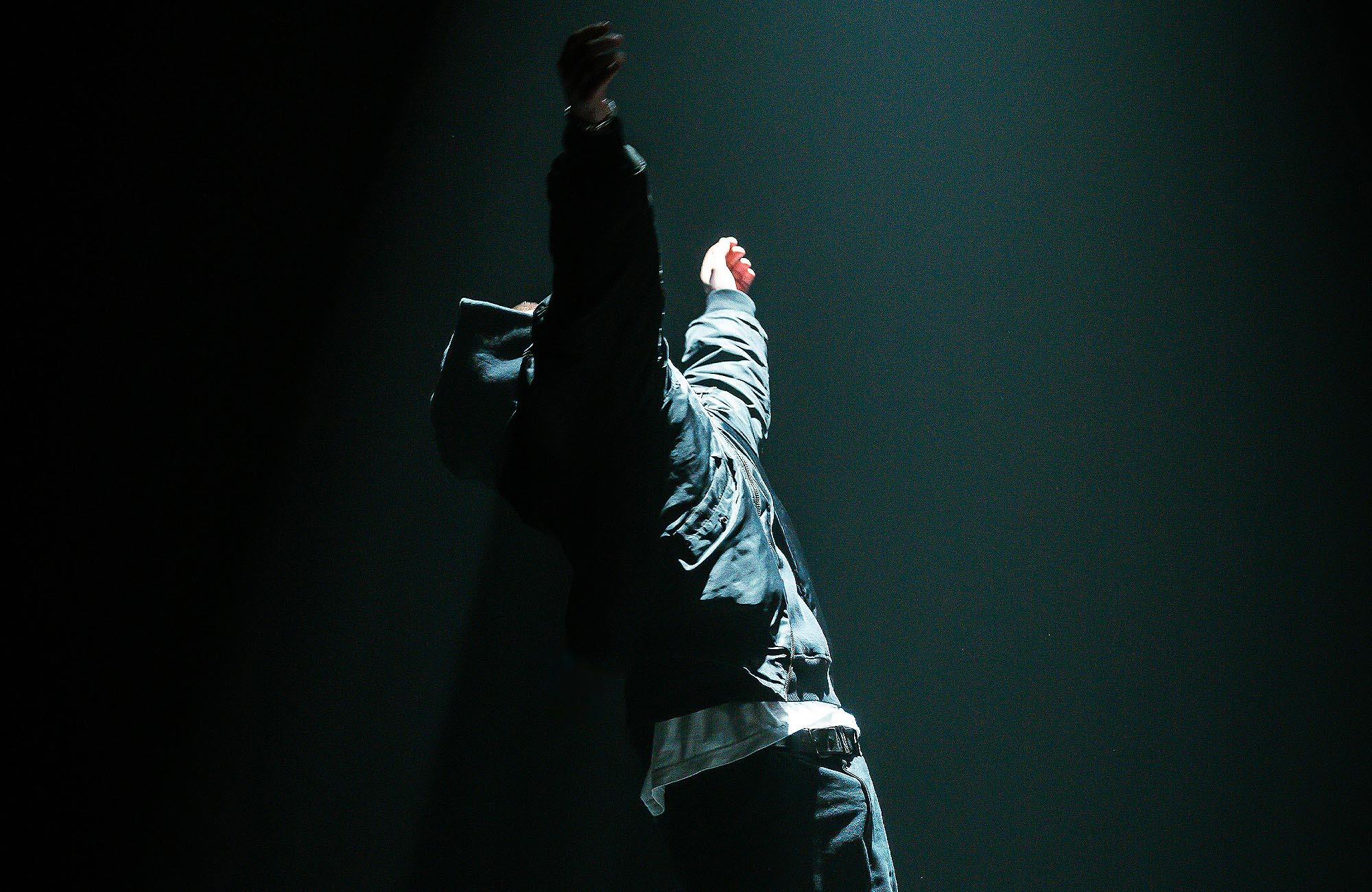
Exclusive vs Leasing Beats: Which Option Is Right for You?
Introduction:
When you’re ready to take your music career seriously, one of the most important decisions you’ll face is whether to lease a beat or buy it exclusively.
For new artists, independent rappers, and even growing names, choosing the right type of license can be confusing — but it makes a huge difference in how you can release, promote, and profit from your music.
In this guide, we’ll break down exactly what leasing and exclusive rights mean, the pros and cons of each option, and how to choose what’s best for your current goals.
If you’re investing in your future as an artist, this is knowledge you can’t afford to skip.
What Is a Leased Beat?
When you lease a beat, you are buying a non-exclusive license to use that beat under specific terms.
You are allowed to record a song, distribute it, perform it, and often monetize it — but you are not the only person allowed to use that beat.
The producer retains ownership of the instrumental and can lease it to multiple artists at the same time.
Leasing offers flexibility, affordability, and a low-risk way to build your catalog as an independent artist.
At Tellingbeatzz.com, you can find high-quality beats available for leasing at fair, transparent prices — ready for instant download and use.
What Is an Exclusive Beat?
Buying a beat exclusively means you purchase full exclusive rights to the instrumental.
Once you buy it, no other artist can license or use that beat anymore. The producer removes it from their catalog, and you alone control how it’s used.
Exclusive beats are often more expensive, but they come with several major advantages — especially for artists planning major releases, albums, or long-term branding.
If you’re aiming for bigger moves — radio play, music videos, label attention, licensing deals — exclusive beats can give you the foundation you need to build without limits.
Leasing vs Exclusive Beats: The Key Differences
To understand which option fits your needs, you need to know the major differences in how leasing and exclusive licensing affect your music:
Ownership Rights:
-
Leasing: You can use the beat under the terms, but others can too.
-
Exclusive: You fully control the beat after purchase.
Price:
-
Leasing: Much more affordable (typical leases range from $20 to $200).
-
Exclusive: Higher cost (often $300 to $2,000+ depending on the producer and beat quality).
Usage Limits:
-
Leasing: Limited number of streams, sales, downloads, and live performances (depending on license).
-
Exclusive: No usage limits — unlimited streams, sales, and public performances.
Commercial Freedom:
-
Leasing: Great for singles, mixtapes, practice projects.
-
Exclusive: Ideal for singles you plan to push hard commercially or place on albums.
Risk Factor:
-
Leasing: You risk another artist using the same beat unless you later upgrade or buy exclusivity.
-
Exclusive: You eliminate competition for that beat.
When Should You Lease a Beat?
Leasing is often the smarter move if:
-
You are just starting out and building your first releases.
-
You are experimenting with your sound and trying different styles.
-
You are putting out freestyles, mixtapes, or small EPs.
-
You want to keep your upfront costs low while still having high-quality production.
-
You are testing audience reactions before investing heavily in a song.
Leasing allows you to produce and release music professionally without a huge budget, which is why many new artists choose this route.
And if a song does better than expected, you can often negotiate an upgrade or exclusive buyout later with the producer.
Learn more about beat licensing options here.
When Should You Buy an Exclusive Beat?
Exclusive rights are a smarter investment if:
-
You are preparing a lead single, major album, or high-stakes project.
-
You want full control over branding, publishing, and licensing.
-
You plan to invest heavily in marketing, videos, and promotion.
-
You want to ensure no one else can ever use the same instrumental.
-
You are signing with a label, manager, or distribution company that requires exclusive rights.
Exclusives are about building your long-term value as an artist.
If a track becomes a hit, having full ownership protects your income streams and negotiating power down the line.
What Happens If You Lease a Beat That Blows Up?
One of the biggest fears among independent artists is:
“What if my song goes viral, but I only leased the beat?”
If this happens:
-
You must review your license terms carefully. Most leases allow upgrades.
-
Contact the producer immediately to discuss buying out exclusive rights (if still available).
-
Understand that if another artist bought the exclusive rights already, you may face limitations on future uses.
At Tellingbeatzz.com, we always encourage artists to reach out if they need an upgrade — we work with you to protect your momentum.
How Much Should You Spend Based on Your Goals?
As a beginner or emerging artist, here’s a basic guideline:
-
Small Mixtape / SoundCloud Project: MP3 or WAV Lease (~$30–$70)
-
First Spotify / Apple Music Single: WAV Lease or Trackout Lease (~$50–$150)
-
Major Single with Music Video: Trackout Lease or Exclusive (~$100–$600+)
-
Full Album or Label Deal: Exclusive Rights (~$300–$2,000+)
Remember:
Leasing lets you scale affordably.
Exclusive rights let you secure your career assets long-term.
Choose based on where you are now — and where you want your music to go.
Conclusion: Which Option Is Right for You?
If you are just starting out, building a catalog, or experimenting with your sound, leasing beats is usually the smartest and most affordable choice.
It gives you the freedom to create professionally without locking yourself into high costs too early.
But if you are planning a major release, investing in promotion, or preparing a project you want to own fully, buying an exclusive beat gives you security, creative control, and unlimited growth potential.
Whichever path you choose, make sure you work with trusted producers who offer clear licenses, instant downloads, and professional quality — like what you’ll find at Tellingbeatzz.com.
Browse Beats Now — Lease or Buy Exclusively
Your career is built track by track.
Start strong. Own your sound.


No Comments